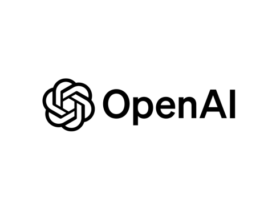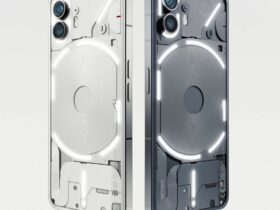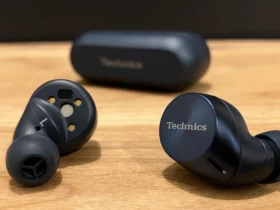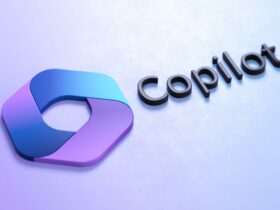With the rapid advancement of Artificial Intelligence (AI), various industries are transforming, including the healthcare sector. Amidst this transformation, a crucial question arises, “Will AI replace doctors’ intuition, often referred to as ‘gut instinct’?”
Experts agree that AI and doctors’ intuition are not the same, and AI will not make doctors’ intuition obsolete. The power of AI lies in its collaboration with doctors, augmenting, not replacing, human judgment.
Doctors’ intuition, honed through years of experience and nuanced patient interactions, plays a vital role in diagnosis and treatment decisions. Often, intuition helps doctors notice inconsistencies or subtle red flags that may be missed by traditional data analysis.
On the other hand, AI in Healthcare offers its strengths:
- Ability to process massive amounts of data
- Recognize complex patterns
- Identify potential risks statistically
Dr. Michelle Lazarus, Director of the Center for Human Anatomy Education at Monash University, emphasizes that AI cannot replace the “gut feel” of a healthcare professional.
“While AI can crunch numbers and identify probabilities, it lacks the human element of emotional intelligence, empathy, and the ability to understand the unique context of each patient.”
How AI in Healthcare Empowers Doctors’ Intuition for Better Diagnosis
Experts predict a future where AI is a powerful support system, not a replacement for doctors. Imagine AI analyzing a patient’s medical history, identifying relevant research, and suggesting potential diagnoses while considering the doctor’s observations and insights. This collaboration can lead to:
- More informed decisions
- Improved diagnosis
- Better outcomes for patients
Dr. Sangeeta Reddy, Director at Apollo Hospitals India, states, “AI will not replace doctors, but doctors who don’t use Artificial Intelligence will be replaced.”
Embracing AI as a tool, not a competitor, will be key for doctors to stay ahead and provide the best care for their patients.
However, concerns about potential bias in AI algorithms and the ethical implications of relying on data-driven decisions remain. Addressing these concerns and ensuring transparency in AI development will be crucial for building trust and fostering productive collaboration between humans and machines in healthcare.
While doctors’ intuition will not be obsolete in 2024, this year marks a turning point in healthcare. As AI continues to evolve, its integration into medical practice offers exciting possibilities, but the human element will remain irreplaceable.
This is because AI and doctors’ intuition are two different things. The future of healthcare lies in finding the right balance, where AI empowers doctors, not replaces them, leading to better, more personalized care for all.
See Also: DatologyAI: Melangkah Maju dengan Kurasi Dataset Cerdas






